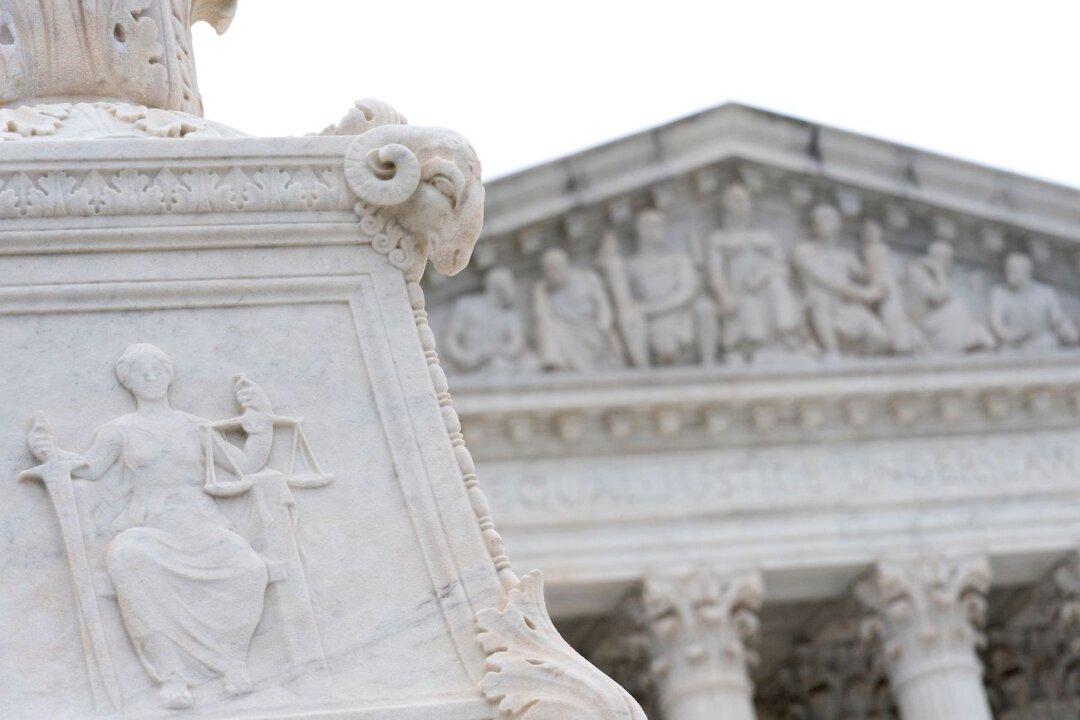On Tuesday, Feb. 28, the United States Supreme Court will hear arguments regarding challenges on the legality of the Biden administration’s contested program to forgive billions of dollars in federally-backed student loan debt. Confirmation that the High Court would hear the case came on Dec. 1, 2022.
The Biden administration announced the three-pronged Student Debt Relief program in a Fact Sheet on Aug. 24, 2022, just a little over two months before the Nov. 8, 2022, midterm elections. As previously reported by The Epoch Times, some suggested the program was one of several efforts to “buy votes.”





